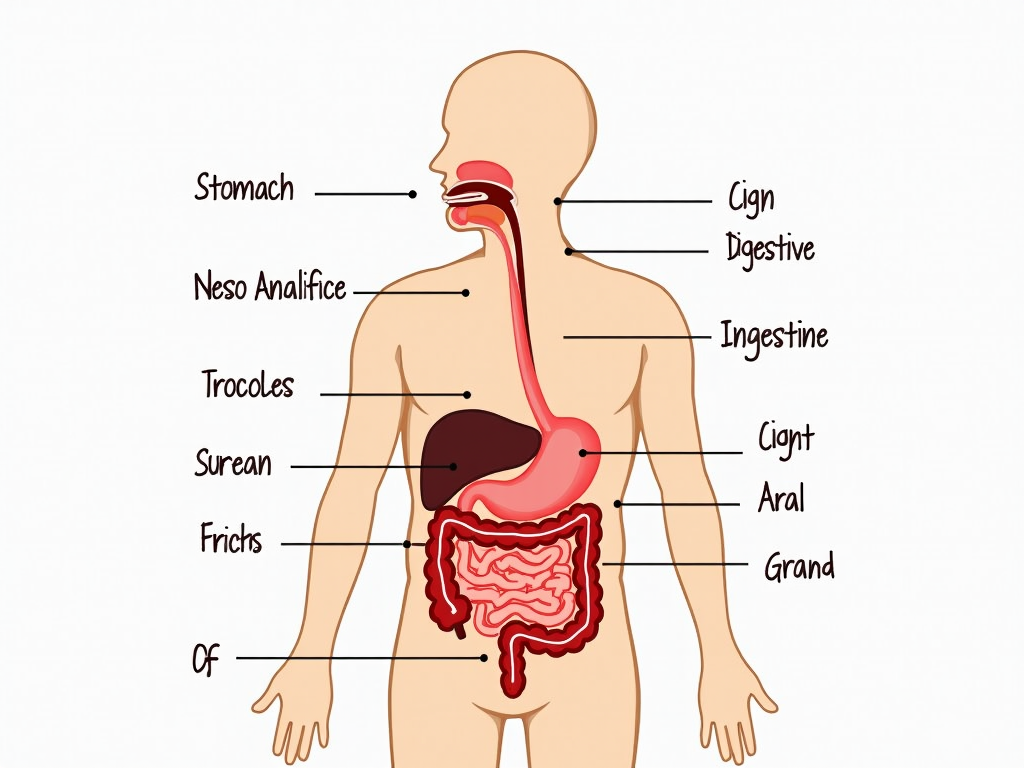Gastrointestinal disorders affect the digestive system, ranging from mild discomfort to severe conditions that impact daily life. Understanding these disorders is crucial for effective management and treatment. In this article, we delve into the complexities of gastrointestinal health, focusing on chronic vomiting and Chronic FPIES, to provide you with valuable insights and practical advice.

Chronic vomiting is a distressing symptom that can stem from various gastrointestinal disorders. It not only affects physical health but also takes a toll on mental well-being. Individuals experiencing chronic vomiting may feel anxious about social situations or develop a fear of eating. Understanding the root cause is essential for effective treatment. For instance, a patient I once knew struggled with chronic vomiting for years before being diagnosed with gastroparesis, a condition where the stomach empties slowly. This diagnosis was a turning point, leading to targeted treatment and improved quality of life.

Chronic FPIES (Food Protein-Induced Enterocolitis Syndrome) is a lesser-known but significant gastrointestinal disorder, particularly in children. It involves severe reactions to certain foods, leading to symptoms like vomiting, diarrhea, and lethargy. Diagnosis can be challenging due to its similarity to other conditions. A mother shared her journey of discovering her child's FPIES after numerous hospital visits. 'It was heartbreaking to see my baby in pain, but finally getting a diagnosis was a relief,' she said. This story highlights the importance of persistence and expert consultation in managing such disorders.

Treating gastrointestinal disorders often requires a multifaceted approach. Dietary modifications, such as eliminating trigger foods or following a low-FODMAP diet, can be effective. Medications like antacids, proton pump inhibitors, or antiemetics may also be prescribed. Lifestyle changes, including stress reduction techniques and regular exercise, play a crucial role. It's vital to work closely with healthcare professionals to tailor a treatment plan that suits individual needs. Remember, what works for one person may not work for another, so patience and perseverance are key.

The psychological impact of chronic gastrointestinal disorders cannot be overlooked. Constant discomfort and dietary restrictions can lead to feelings of isolation and depression. It's essential to address mental health alongside physical symptoms. Cognitive-behavioral therapy, support groups, and mindfulness practices can be beneficial. One individual shared, 'Joining a support group was a game-changer for me. Knowing I'm not alone in this struggle made a world of difference.'

Managing gastrointestinal disorders daily involves practical strategies. Keeping a food diary can help identify triggers. Planning meals ahead ensures you have safe options available. Stress management techniques, such as deep breathing or meditation, can alleviate symptoms. Regular check-ups with your healthcare provider are crucial for monitoring progress and adjusting treatment plans. Remember, small changes can lead to significant improvements over time.

In conclusion, understanding and treating gastrointestinal disorders requires a comprehensive approach that addresses both physical and psychological aspects. By staying informed, seeking professional help, and implementing practical strategies, individuals can manage their symptoms effectively. If you suspect you have a gastrointestinal disorder, don't hesitate to consult a healthcare professional. Your health and well-being are worth the effort.
Discuss Here